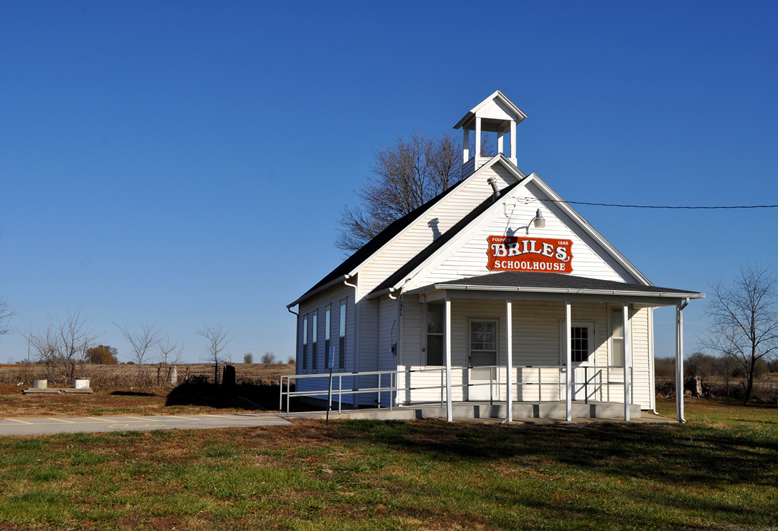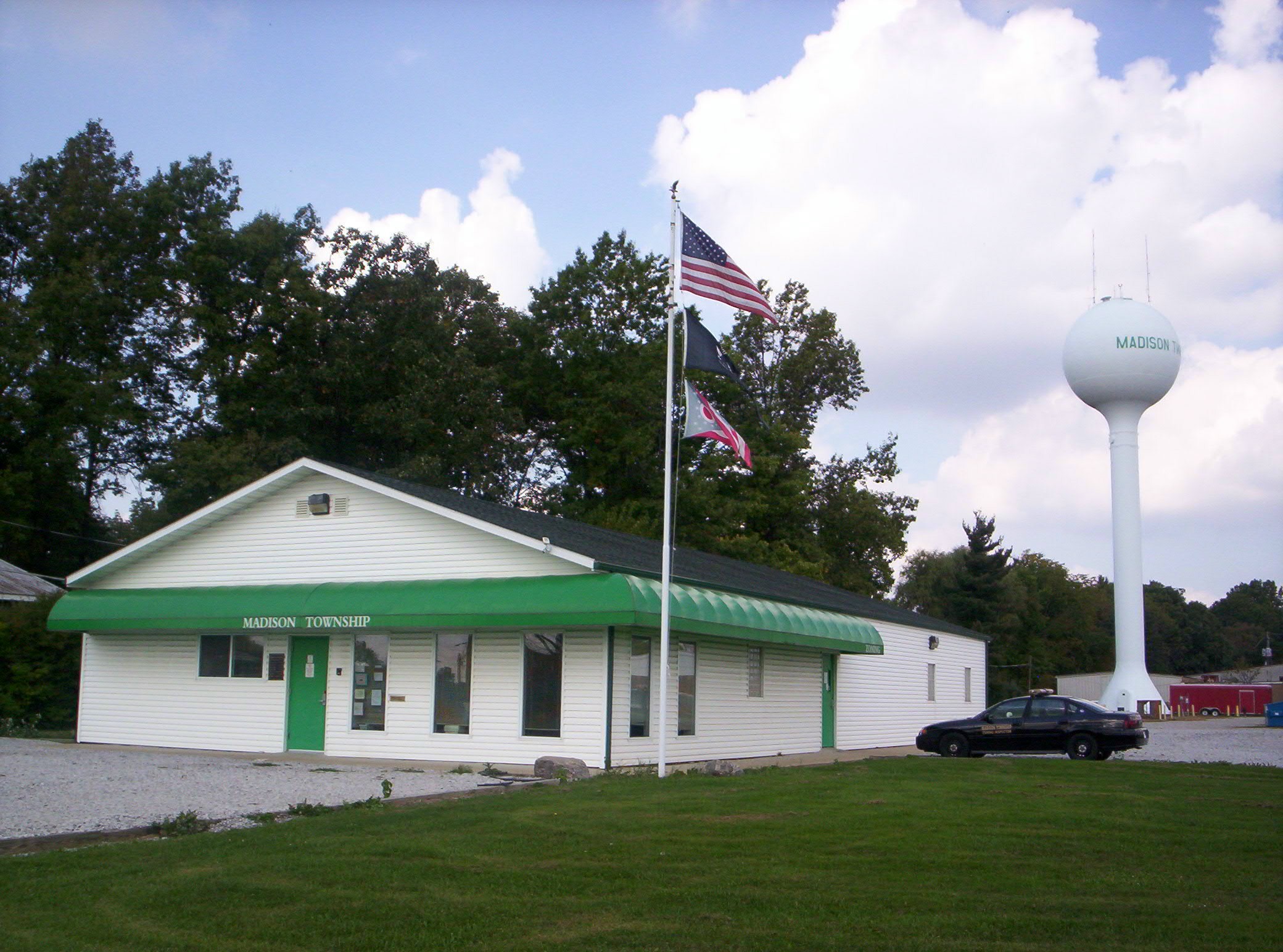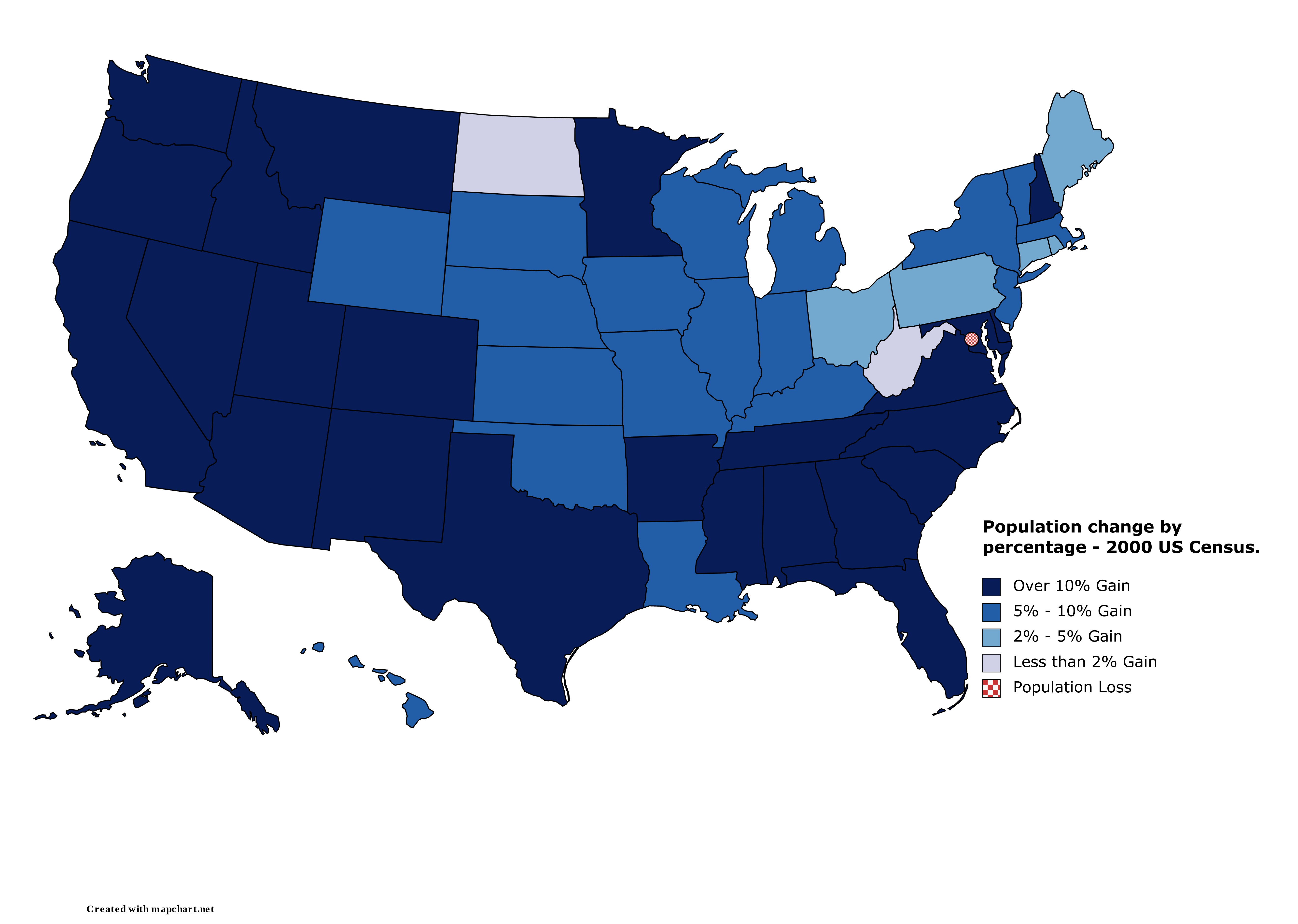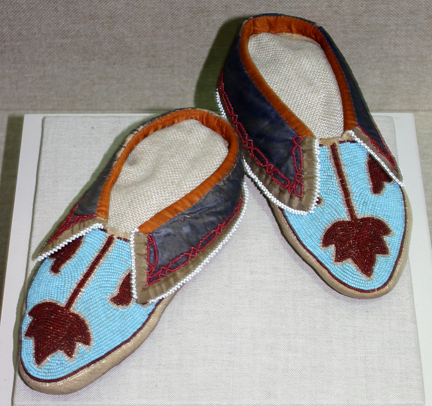|
Peoria Township, Franklin County, Kansas
Peoria Township is a township in Franklin County, Kansas, USA. As of the 2000 census, its population was 626. Peoria Township has two unincorporated towns: Peoria and Imes. Geography Peoria Township covers an area of and contains no incorporated settlements. According to the USGS, it contains three cemeteries: Davisson, Howard, and Peoria. The streams of Hickory Creek, Middle Creek, Ottawa Creek and Turkey Creek and the Marais des Cygnes River run through this township. History Up to 1857 Peoria Township belonged to the Peorias, Weas and Piankeshaw The Piankeshaw, Piankashaw or Pianguichia were members of the Miami tribe who lived apart from the rest of the Miami nation, therefore they were known as Peeyankihšiaki ("splitting off" from the others, Sing.: ''Peeyankihšia'' - "Piankeshaw Pers ...s. In April of that year the land was thrown upon the market. Previous to that time, a few settlers had entered the Township in anticipation of that event. Upon being offered, t ... [...More Info...] [...Related Items...] OR: [Wikipedia] [Google] [Baidu] |
Civil Township
A civil township is a widely used unit of local government in the United States that is subordinate to a county, most often in the northern and midwestern parts of the country. The term town is used in New England, New York, and Wisconsin to refer to the equivalent of the civil township in these states; Minnesota uses "town" officially but often uses it and "township" interchangeably. Specific responsibilities and the degree of autonomy vary based on each state. Civil townships are distinct from survey townships, but in states that have both, the boundaries often coincide and may completely geographically subdivide a county. The U.S. Census Bureau classifies civil townships as minor civil divisions. Currently, there are 20 states with civil townships. Township functions are generally overseen by a governing board (the name varies from state to state) and a clerk, trustee, or mayor (in New Jersey and the metro townships of Utah). Township officers frequently include justice of ... [...More Info...] [...Related Items...] OR: [Wikipedia] [Google] [Baidu] |
List Of Sovereign States
The following is a list providing an overview of sovereign states around the world with information on their status and recognition of their sovereignty. The 206 listed states can be divided into three categories based on membership within the United Nations System: 193 UN member states, 2 UN General Assembly non-member observer states, and 11 other states. The ''sovereignty dispute'' column indicates states having undisputed sovereignty (188 states, of which there are 187 UN member states and 1 UN General Assembly non-member observer state), states having disputed sovereignty (16 states, of which there are 6 UN member states, 1 UN General Assembly non-member observer state, and 9 de facto states), and states having a special political status (2 states, both in free association with New Zealand). Compiling a list such as this can be a complicated and controversial process, as there is no definition that is binding on all the members of the community of nations concerni ... [...More Info...] [...Related Items...] OR: [Wikipedia] [Google] [Baidu] |
Kansas
Kansas () is a state in the Midwestern United States. Its capital is Topeka, and its largest city is Wichita. Kansas is a landlocked state bordered by Nebraska to the north; Missouri to the east; Oklahoma to the south; and Colorado to the west. Kansas is named after the Kansas River, which in turn was named after the Kansa Native Americans who lived along its banks. The tribe's name (natively ') is often said to mean "people of the (south) wind" although this was probably not the term's original meaning. For thousands of years, what is now Kansas was home to numerous and diverse Native American tribes. Tribes in the eastern part of the state generally lived in villages along the river valleys. Tribes in the western part of the state were semi-nomadic and hunted large herds of bison. The first Euro-American settlement in Kansas occurred in 1827 at Fort Leavenworth. The pace of settlement accelerated in the 1850s, in the midst of political wars over the slavery debate. Wh ... [...More Info...] [...Related Items...] OR: [Wikipedia] [Google] [Baidu] |
List Of Counties In Kansas
This is a list of counties in the U.S. state of Kansas. Select from the links at right to go directly to an article, or browse the listing below for additional information. Every license plate issued by the state contains the same two-letter abbreviation for the county in which its vehicle is registered. Overview Kansas has 105 counties, the fifth-highest total of any state. The first counties were established while Kansas was a Territory from May 30, 1854, until January 29, 1861, when Kansas became a state. Many of the counties in the eastern part of the state are named after prominent Americans from the late 18th and early-to-mid-19th centuries, while those in the central and western part of the state are named for figures in the American Civil War. Several counties throughout the state bear names of Native American origin. Wyandotte County and the city of Kansas City, and Greeley County and the city of Tribune, operate as unified governments. The FIPS state code for K ... [...More Info...] [...Related Items...] OR: [Wikipedia] [Google] [Baidu] |
Franklin County, Kansas
Franklin County (county code FR) is a county located in the eastern portion of the U.S. state of Kansas. As of the 2020 census, the county population was 25,996. Its county seat and most populous city is Ottawa. The county is predominantly rural. Formerly it was a part of the Kansas City metropolitan area, but was removed in 2013. However, it is still part of the Kansas City-Overland Park-Kansas City MO-KS CSA. History Early history For many millennia, the Great Plains of North America was inhabited by nomadic Native Americans. From the 16th century to 18th century, the Kingdom of France claimed ownership of large parts of North America. In 1762, after the French and Indian War, France secretly ceded New France to Spain, per the Treaty of Fontainebleau. 19th century In 1802, Spain returned most of the land to France, but keeping title to about 7,500 square miles. In 1803, most of the land for modern day Kansas was acquired by the United States from France as part of the ... [...More Info...] [...Related Items...] OR: [Wikipedia] [Google] [Baidu] |
United States Census, 2010
The United States census of 2010 was the twenty-third United States national census. National Census Day, the reference day used for the census, was April 1, 2010. The census was taken via mail-in citizen self-reporting, with enumerators serving to spot-check randomly selected neighborhoods and communities. As part of a drive to increase the count's accuracy, 635,000 temporary enumerators were hired. The population of the United States was counted as 308,745,538, a 9.7% increase from the 2000 census. This was the first census in which all states recorded a population of over half a million people as well as the first in which all 100 largest cities recorded populations of over 200,000. Introduction As required by the United States Constitution, the U.S. census has been conducted every 10 years since 1790. The 2000 U.S. census was the previous census completed. Participation in the U.S. census is required by law of persons living in the United States in Title 13 of the United S ... [...More Info...] [...Related Items...] OR: [Wikipedia] [Google] [Baidu] |
Geographic Names Information System
The Geographic Names Information System (GNIS) is a database of name and locative information about more than two million physical and cultural features throughout the United States and its territories, Antarctica, and the associated states of the Marshall Islands, Federated States of Micronesia, and Palau. It is a type of gazetteer. It was developed by the United States Geological Survey (USGS) in cooperation with the United States Board on Geographic Names (BGN) to promote the standardization of feature names. Data were collected in two phases. Although a third phase was considered, which would have handled name changes where local usages differed from maps, it was never begun. The database is part of a system that includes topographic map names and bibliographic references. The names of books and historic maps that confirm the feature or place name are cited. Variant names, alternatives to official federal names for a feature, are also recorded. Each feature receives a per ... [...More Info...] [...Related Items...] OR: [Wikipedia] [Google] [Baidu] |
United States
The United States of America (U.S.A. or USA), commonly known as the United States (U.S. or US) or America, is a country primarily located in North America. It consists of 50 states, a federal district, five major unincorporated territories, nine Minor Outlying Islands, and 326 Indian reservations. The United States is also in free association with three Pacific Island sovereign states: the Federated States of Micronesia, the Marshall Islands, and the Republic of Palau. It is the world's third-largest country by both land and total area. It shares land borders with Canada to its north and with Mexico to its south and has maritime borders with the Bahamas, Cuba, Russia, and other nations. With a population of over 333 million, it is the most populous country in the Americas and the third most populous in the world. The national capital of the United States is Washington, D.C. and its most populous city and principal financial center is New York City. Paleo-Americ ... [...More Info...] [...Related Items...] OR: [Wikipedia] [Google] [Baidu] |
United States Census, 2000
The United States census of 2000, conducted by the Census Bureau, determined the resident population of the United States on April 1, 2000, to be 281,421,906, an increase of 13.2 percent over the 248,709,873 people enumerated during the 1990 census. This was the twenty-second federal census and was at the time the largest civilly administered peacetime effort in the United States. Approximately 16 percent of households received a "long form" of the 2000 census, which contained over 100 questions. Full documentation on the 2000 census, including census forms and a procedural history, is available from the Integrated Public Use Microdata Series. This was the first census in which a state – California – recorded a population of over 30 million, as well as the first in which two states – California and Texas – recorded populations of more than 20 million. Data availability Microdata from the 2000 census is freely available through the Integrated Public Use Microdata Serie ... [...More Info...] [...Related Items...] OR: [Wikipedia] [Google] [Baidu] |
United States Geological Survey
The United States Geological Survey (USGS), formerly simply known as the Geological Survey, is a scientific agency of the United States government. The scientists of the USGS study the landscape of the United States, its natural resources, and the natural hazards that threaten it. The organization's work spans the disciplines of biology, geography, geology, and hydrology. The USGS is a fact-finding research organization with no regulatory responsibility. The agency was founded on March 3, 1879. The USGS is a bureau of the United States Department of the Interior; it is that department's sole scientific agency. The USGS employs approximately 8,670 people and is headquartered in Reston, Virginia. The USGS also has major offices near Lakewood, Colorado, at the Denver Federal Center, and Menlo Park, California. The current motto of the USGS, in use since August 1997, is "science for a changing world". The agency's previous slogan, adopted on the occasion of its hundredt ... [...More Info...] [...Related Items...] OR: [Wikipedia] [Google] [Baidu] |
Marais Des Cygnes River
The Marais des Cygnes River ( , ) is a principal tributary of the Osage River, about long,U.S. Geological Survey. National Hydrography Dataset high-resolution flowline dataThe National Map, accessed May 31, 2011 in eastern Kansas and western Missouri in the United States. Via the Osage and Missouri rivers, it is part of the watershed of the Mississippi River. The name means "Marsh of the Swans" in French (presumably in reference to the trumpeter swan which was historically common in the Midwest). The river is notorious for flash flooding. It is referred to in the song "The River" by Chely Wright. La Cygne, Kansas, in Linn County and Osawatomie, Kansas, in Miami County are gravely affected by its flooding. Course The Marais des Cygnes is formed about 1 mile north of Reading, Kansas, a city in northern Lyon County, by the confluence of Elm Creek and One Hundred Forty-Two Mile Creek, and flows generally east-southeastwardly through Osage, Franklin, Miami and Linn counties in ... [...More Info...] [...Related Items...] OR: [Wikipedia] [Google] [Baidu] |
Peoria (tribe)
The Peoria, also Peouaroua, are a Native American people. They are enrolled in the federally recognized Peoria Tribe of Indians of Oklahoma headquartered in Miami, Oklahoma. The Peoria people are descendants of the Illinois Confederation. The Peoria Tribe were located east of the Mississippi River and north of the Ohio River. In the colonial period, they traded with French colonists in that territory. After 1763, when the British took over those lands following victory in the Seven Years' War, the Peoria were moved west across the Mississippi. In 1867 their descendants moved to Indian Territory with remnants of related tribes and were assigned land in present-day Ottawa County, Oklahoma, which was primarily occupied by the Quapaw. Language and name The Peoria spoke a dialect of the Miami-Illinois language, a Central Algonquian language in which these two dialects are mutually intelligible. The name ''Peoria'' derives from their autonym, or name for themselves in the Illin ... [...More Info...] [...Related Items...] OR: [Wikipedia] [Google] [Baidu] |







